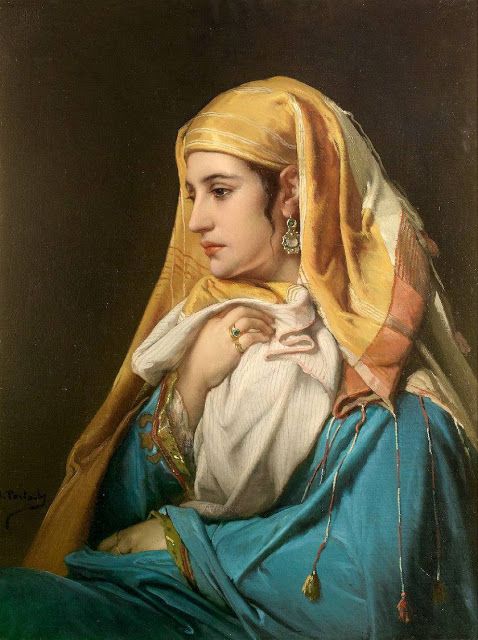By Umm Khalid
Thread.
By highlighting Muslim career women and essentially pleading: “See! Muslim women are NOT oppressed.”
Why is this not an intelligent strategy?
Because when we attempt to prove the empowerment and lack of oppression of Muslim women with the appeal to “but hijabis are in so many science and tech careers!” it’s a losing battle.
So hijabi scientist glamour shots don’t really address that central claim.
2. The most prestigious careers are in STEM, which are dominated by men. Women ought to be encouraged to enter them.
4. The higher up the corporate ladder a woman has climbed and the more educational degrees she has collected, the better off she is.
All of these premises are false.
We understand that:
To the Islamophobes who want to say that Muslim women are oppressed, we simply don’t need to play their game. We can just turn the tables on them and respond,






